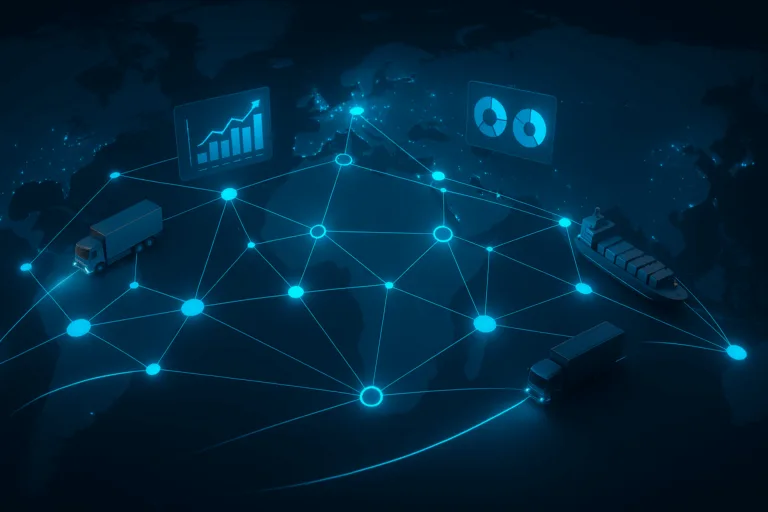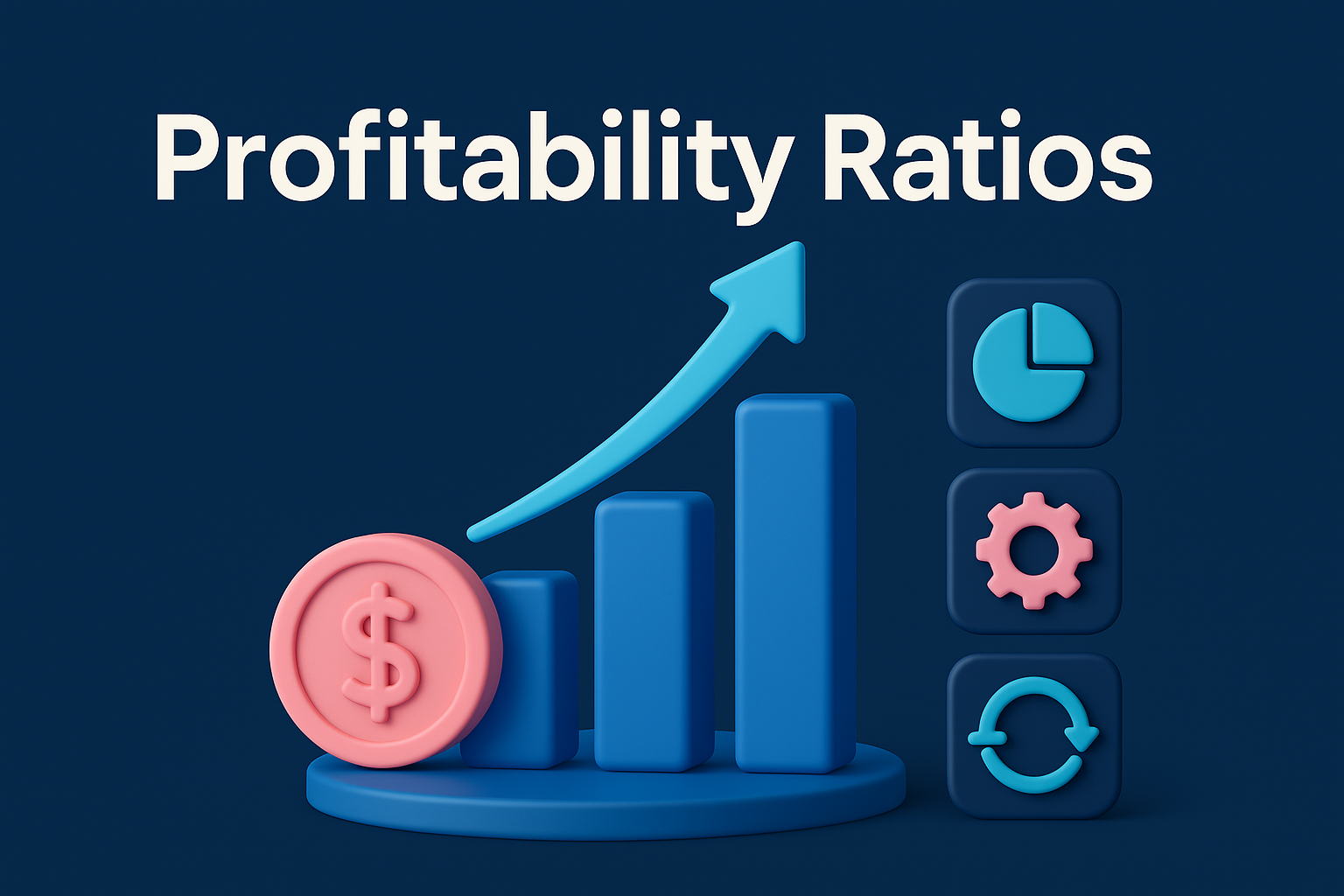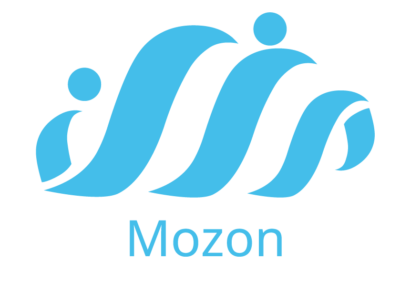Introduction
In today’s business world, competition is no longer limited to product quality or price. It now relies heavily on a company’s ability to manage its supply chain effectively. The supply chain is the lifeline of any enterprise, connecting suppliers, manufacturers, warehouses, distribution channels, and ultimately the end customer.
Companies with efficient supply chain management (SCM) can:
-
Reduce operational costs.
-
Accelerate production and distribution cycles.
-
Ensure product availability at the right time.
-
Achieve and sustain customer satisfaction.
This comprehensive article explores the concept of supply chain management, its core components, common challenges, global best practices, and the role of digital systems such as Mozon Resource Planning (ERP) in transforming supply chains.
1. What is Supply Chain Management?
Supply Chain Management (SCM) encompasses a series of activities including:
-
Demand and supply planning.
-
Procurement and supplier management.
-
Production and operations management.
-
Inventory and warehouse management.
-
Transportation and distribution management.
-
Customer service and after-sales support.
The goal is to ensure a seamless flow of raw materials, information, and finished goods from supplier to consumer—balancing cost, quality, and speed.
2. Core Components of the Supply Chain
a) Suppliers
-
Selecting the right supplier.
-
Negotiating pricing and payment terms.
-
Ensuring consistent quality of raw materials.
b) Production
-
Converting raw materials into finished goods.
-
Implementing quality control.
-
Increasing efficiency across production lines.
c) Warehousing & Inventory
-
Secure and efficient storage.
-
Continuous and accurate inventory checks.
-
Reducing storage costs and waste.
d) Distribution & Logistics
-
Fast, cost-effective shipping.
-
Real-time shipment tracking.
-
Optimizing transportation methods (land, sea, air).
e) Customers
-
On-time product availability.
-
Meeting customer expectations.
-
Delivering after-sales services.
3. Importance of Supply Chain Management
-
Cost Reduction – Minimizing procurement, storage, and logistics expenses.
-
Increased Efficiency – Coordinating seamlessly between internal and external operations.
-
Resilience & Flexibility – Responding quickly to market changes, crises, and disruptions.
-
Competitive Advantage – Stronger supply chains help companies outperform rivals.
-
Customer Experience – Faster delivery, better quality, and higher satisfaction rates.
4. Challenges in Supply Chain Management
-
Demand fluctuations: unpredictable changes in the market.
-
Supplier issues: delays, rising costs, poor quality.
-
Rising operational costs: particularly in storage and transport.
-
Lack of visibility: insufficient real-time data.
-
Global disruptions: such as shipping crises, inflation, or pandemics.
5. Strategies to Improve Supply Chain Management
1) Accurate Demand Forecasting
-
Use historical sales data.
-
Leverage AI and predictive analytics.
2) Building Strong Supplier Relationships
-
Establish long-term agreements.
-
Regularly evaluate supplier performance.
3) Embracing Automation and Digital Transformation
-
ERP and Warehouse Management Systems.
-
IoT devices and RFID for real-time tracking.
4) Efficient Inventory Management
-
Implement Just-In-Time policies.
-
Monitor KPIs closely.
5) Optimizing Transportation & Distribution
-
Utilize multi-modal shipping.
-
Real-time shipment visibility.
6. Key Performance Indicators (KPIs) in SCM
-
Inventory turnover ratio.
-
Order cycle time (from order to delivery).
-
On-time delivery rate.
-
Supply chain cost as a % of revenue.
-
Customer satisfaction levels.
7. The Role of Technology in SCM
-
ERP Systems – like Mozon’s ERP, integrating procurement, inventory, production, and distribution.
-
Artificial Intelligence – advanced demand forecasting and data analytics.
-
Internet of Things (IoT) – real-time monitoring of shipments and assets.
-
Blockchain – enhancing transparency and traceability across the supply chain.
8. Case Study (Hypothetical)
A manufacturing company in Jordan struggled with:
-
Major inventory fluctuations.
-
Frequent delivery delays.
-
Rising transportation costs.
After implementing a digital supply chain management system:
-
Transportation costs dropped by 20%.
-
Demand forecasting accuracy increased by 30%.
-
Customer satisfaction rose to 95%.
Conclusion
Supply chain management is not just an operational process—it is a strategic advantage that defines business success. In a volatile environment, companies must rely on smart, flexible systems to manage their operations.
This is where Mozon Resource Planning (ERP) makes a difference, by providing:
-
Full integration of procurement, inventory, production, and distribution.
-
End-to-end visibility of material and data flows.
-
Real-time reporting for faster, data-driven decisions.
🔗 Learn more:
Mozon Resource Planning – ERP System





